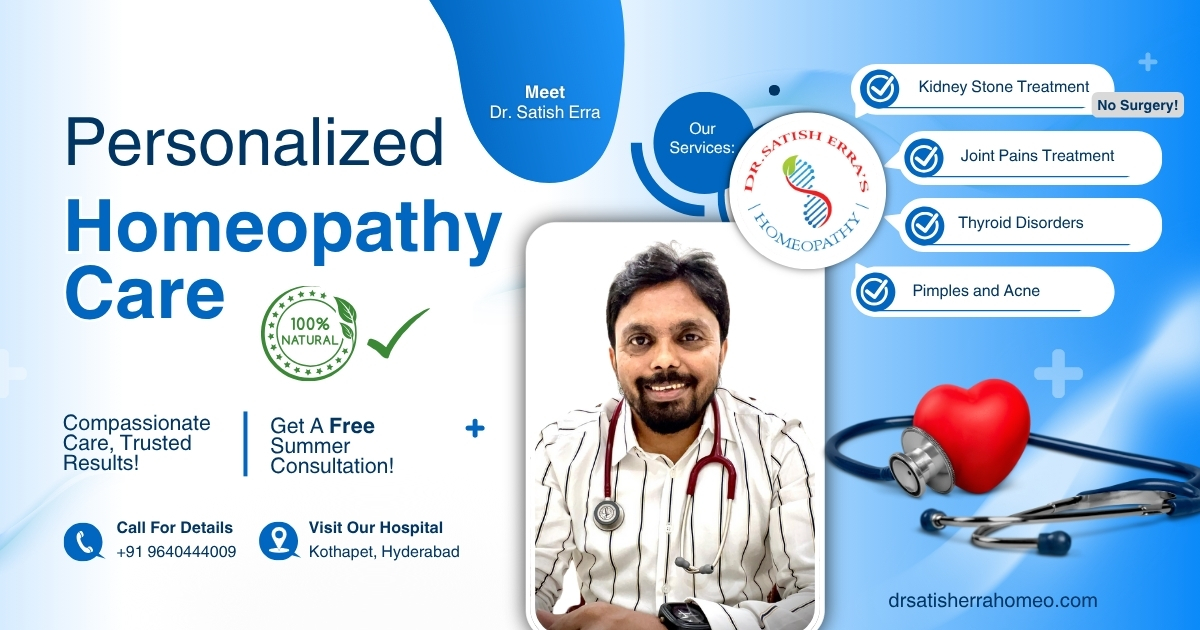
Understanding the Emotional Impact of Psoriasis and How to Manage It Naturally
July 31, 2025
Psoriasis is often spoken about in terms of red patches, silvery scales, and chronic itching—but what rarely gets the attention it deserves is the emotional toll this skin condition can take. For many individuals living with psoriasis, the visible nature of the disease leads to more than just physical discomfort. It affects how they view themselves, how they interact socially, and how confident they feel in their daily lives. While creams and ointments may soothe the skin, they often do little to heal the inner pain that comes with feeling constantly self-conscious, misunderstood, or judged. Fortunately, as awareness grows around the connection between skin and mental health, so does the focus on more holistic treatment approaches that address both.
Living with psoriasis means waking up to visible flare-ups and, often, unpredictable cycles of inflammation. This uncertainty alone is enough to cause stress. Add to that the social anxiety of having others stare at your skin, ask intrusive questions, or make assumptions about hygiene, and it’s easy to see how the emotional impact becomes overwhelming. In fact, research has shown that people with psoriasis are more likely to experience depression, anxiety, low self-esteem, and feelings of isolation. These emotional burdens can be just as hard to manage as the physical symptoms.
What makes it even more challenging is that stress isn’t just a result of psoriasis—it can also be a trigger. Many people notice that their flare-ups worsen during emotionally intense times. A high-pressure job, relationship stress, or even the emotional weight of managing a chronic condition can contribute to worsening symptoms. This creates a difficult cycle: psoriasis causes emotional stress, and emotional stress aggravates psoriasis. Breaking this cycle requires more than just topical treatment; it requires an approach that recognizes the mind-skin connection and treats the person as a whole.
This is where natural and holistic healing systems offer something truly valuable. Rather than focusing only on symptom suppression, natural therapies aim to understand the individual behind the disease. They look at patterns—when did the flare-ups begin, what life changes occurred during that time, how does the person handle stress, what’s their lifestyle like, and what internal imbalances may be fueling the condition? Such an approach leads to a more meaningful, sustainable healing journey.
One natural system that has shown promise in both managing psoriasis and supporting emotional well-being is homeopathy. Known for its gentle, individualized approach, homeopathy addresses both the physical and psychological dimensions of chronic illnesses. By considering the unique symptoms, emotional state, and personality of each patient, a skilled homeopathy practitioner can prescribe remedies that not only help reduce inflammation and itching but also calm the mind and reduce stress. This personalized approach is especially comforting for those who’ve felt like their concerns were overlooked in more conventional treatment settings.
What sets homeopathy treatment for psoriasis apart is its belief in the body’s ability to heal itself. Instead of trying to suppress the immune response with strong medications, it works to guide the body back to balance using natural remedies. These remedies are selected not just based on skin symptoms but also on emotional tendencies like anxiety, irritability, low self-worth, or sadness. By addressing the whole person, homeopathy supports deeper, more integrated healing that often leads to improved skin and greater emotional resilience.
Patients who explore natural treatment options often report a greater sense of control over their condition. They feel empowered by understanding their triggers, learning to listen to their bodies, and making lifestyle changes that support healing. This can include practices like mindful eating, prioritizing sleep, gentle exercise, and stress reduction techniques like deep breathing, journaling, or yoga. When these habits are paired with a natural system like homeopathy, the results are often more lasting and satisfying than what’s achieved through symptom-focused medications alone.
One of the most meaningful outcomes of managing psoriasis naturally is the emotional shift that occurs. Instead of feeling trapped by the condition, patients begin to feel hopeful, supported, and more in tune with themselves. As the skin improves, so does confidence. Daily activities that once felt daunting—like wearing short sleeves, going out in public, or attending social events—become easier. The fear of being judged fades as self-acceptance grows, and many individuals begin to find new strength in their journey.
Support also plays a vital role. Joining a psoriasis support group, whether online or in person, can make a world of difference. Sharing your story, hearing from others, and realizing that you’re not alone brings comfort and perspective. People who’ve gone through the emotional challenges of psoriasis are often the best guides in offering advice, encouragement, and practical tips. And while every journey is different, there’s immense value in community healing and shared experience.
In cities like Hyderabad, where both modern medicine and natural systems like homeopathy are widely accepted, more and more individuals are seeking alternatives to harsh creams, steroids, and immune-suppressing drugs. They’re drawn to the idea that healing doesn’t have to come at the cost of side effects or emotional numbing. Natural systems that recognize the full spectrum of what someone with psoriasis goes through—both physically and mentally—are gaining attention for all the right reasons.
Ultimately, managing psoriasis is not just about treating the skin. It’s about supporting the person who lives in that skin. It’s about restoring confidence, nurturing self-worth, and creating a sense of emotional safety. Whether it’s through gentle homeopathic remedies, lifestyle changes, or emotional support, healing is possible. It may not always be instant, but it can be deeply transformative. The journey might begin with a search for clearer skin—but often, it leads to something even more powerful: a stronger, more peaceful, and more empowered version of oneself.













